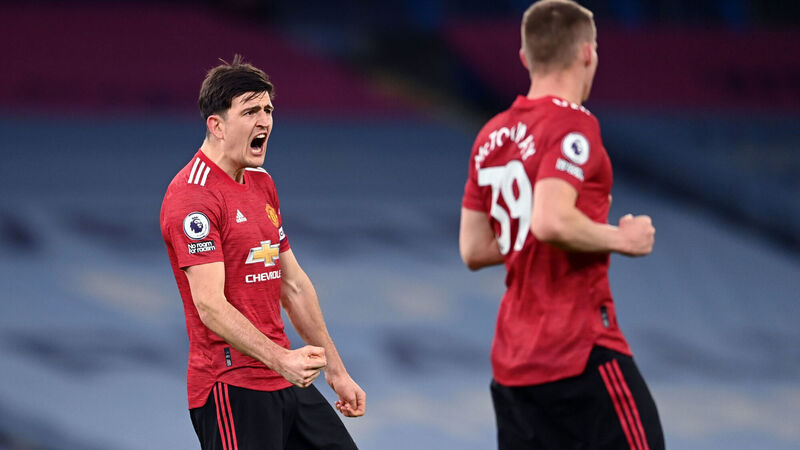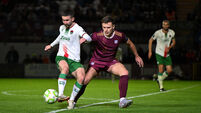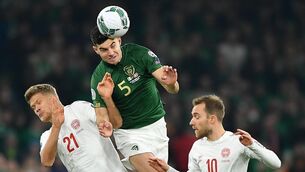Daniel Storey: Five things we learned as Manchester United astonish City

Manchester United's Harry Maguire (left) celebrates after the final whistle. Picture: Laurence Griffiths/PA
This was everything we know Manchester United can be. The early penalty was crucial because it forced Manchester City forward, but then City would probably have dominated possession anyway. United steeled themselves for that pressure and knew that they could cause their opponents problems on the counter.









